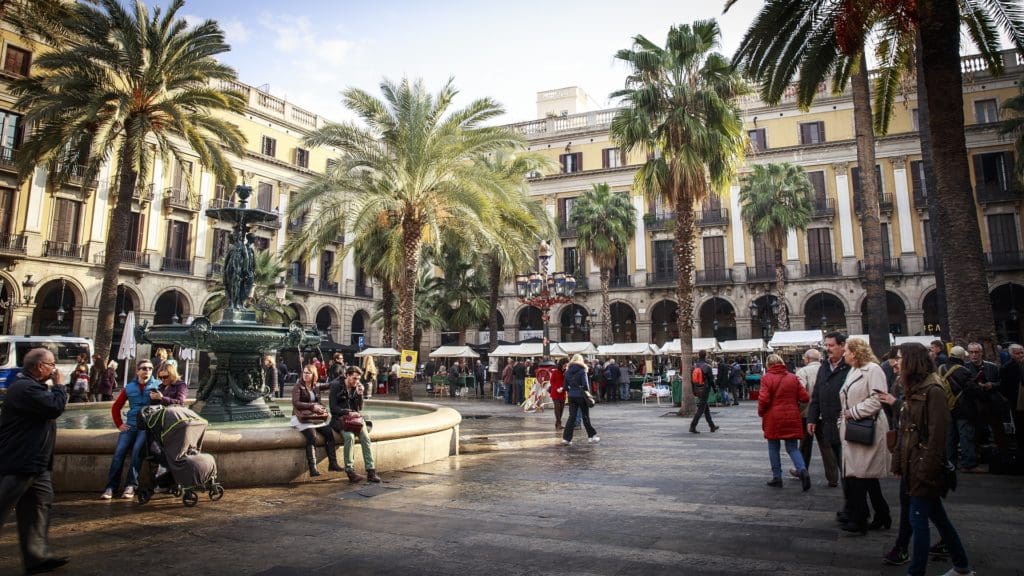At the end of the two great wars of the last century, European countries formed a partnership based on peace and shared fundamental values for their citizens. These include: “the respect for individual rights and inclusion, justice, respect for cultures, languages, and a common commitment to making people’s lives more peaceful”.
Following the Maastricht Treaty of 1992, in which the Three Fundamental Pillars of the then European Community were enshrined, one of the many points of shared Community values concerned free movement among Member States and a shared policy for managing immigration from EU and non-EU countries.
In 2007, the Lisbon Treaty abolished the so-called “Three Pillars” and redistributed competencies within Member States, once again strengthening the democratic principle of Europe and the protection of fundamental rights for its citizens. The European Union was born.
In 2012, the European Union was awarded the Nobel Peace Prize. The motivation for the award reads: “For more than six decades, he has contributed to the advancement of peace and reconciliation, democracy and human rights in Europe“.
The Europe Around – where it was born and Why
Over 70 years have passed since the first agreements between European states on a policy of equality, individual rights and preserving people’s lives and cultures.
- What remains today of those fundamental values?
- How has European culture changed with the advent and management of immigration in recent decades?
- What does it mean to ‘feel European’ today?
- What ‘IS’ Europe today?
Through fieldwork in the streets, squares, and among the locals, The Europe Around seeks answers to these questions. And it wants to do so by starting with some major European cities that owe their history, or nature, to their society’s multi-ethnic capacity.
Marseille, Barcelona, Lisbon, Rotterdam, Berlin.
And then Dublin, Budapest, Vienna, Ljubljana, Bucharest, Athens… A big circle to get to know and try to understand.

#2 Barcelona – working in the field
The second destination of The Europe Around is Barcelona, Spain. Here we will work in the field in an immersive mood, going into the streets among the people to get in touch with the stories that people carry with them. And it will be our task – at times exhausting, letting our heads remain active even at night – to ‘get them out‘ and ‘bring them home‘.
HOW TO DO IT?
–With a reportage or narrative project in photography.
–But also with a coherent and publishable text.
BARCELONA: one of the largest ports in the Mediterranean and the second largest industrial and financial centre in Spain. Already in the 12th century, it rivalled Genoa in the importance of its trade. Over time, it has retained its Gothic and medieval soul while also becoming an important reference point for creative work, thanks partly to Gaudí, who used the metropolis as an entire exhibition hall. In 2004, the Universal Forum of Cultures was held there for the first time ever.
An immersion in the squares, its Ramblas, its hidden and colorful markets. Among the people who live and breathe it.
Each participant will be assigned a topic to develop: an authentic assignment to take home (no excuses). He will thus come into direct contact with local communities and experience first-hand the situations that he will then go on to document.
Closing the day each evening-and sometimes overnight-there will be editing sessions of the work done so far, with ample time for discussion and debate.
Gabriele Orlini ‘s constant guidance will ensure the right direction in project development and will be a continuous support for each participant during fieldwork.
Who the workshop is for
The ideal attendee is that person – photographer, videomaker, writer, reporter – who does not stop at the surface of things but puts himself out there to touch and understand the facts and stories he will tell with his head.
The Europe Around aims to document a cross-section of Europe. This is why the workshop is designed and built for those people who want to increase their experience, training and expertise in documentary photography, reportage, photojournalism, and storytelling.
An opportunity, therefore, to prove oneself – with all the difficulties and necessities that such a job requires. An opportunity to experience this life with the security of having at your disposal a photojournalist who has not only experienced these situations but can also master them and provide valuable tips for dealing with them even when you are out in the field alone.
It is a workshop, but it is not. Designed for a team of up to four people, it is an opportunity to learn a trade in the field, just as people used to do in the old days by going to the workshop.
IT IS NOT AN ALL-INCLUSIVE HOLIDAY or a workshop where you are told how good you are.
Here we want people to become aware of their own abilities, perhaps even future professionals, able to pull out unimaginable resources but also able to understand when it is time to step aside. Not superheroes, therefore, but witnesses of stories with respect for those who have lived and told these stories.
MUST KNOW!
- It is possible to participate in several stages of The Europe Around… let’s talk about it together!
- NEWSROOM
Work produced within The Europe Around and in line with the requirements of photographic quality and storytelling, in agreement with the author, will be evaluated for a presence on the channels of DooG Reporter and/or submitted to other editorial offices or publishers for publication.
- Submission of the form IS NOT MANDATORY and is considered a proposal to participate.
- Applicants will be contacted within 24 hours to schedule a video call.
